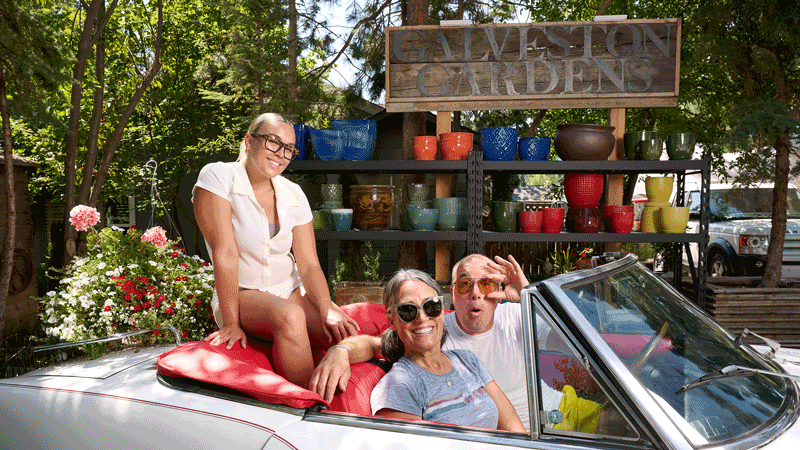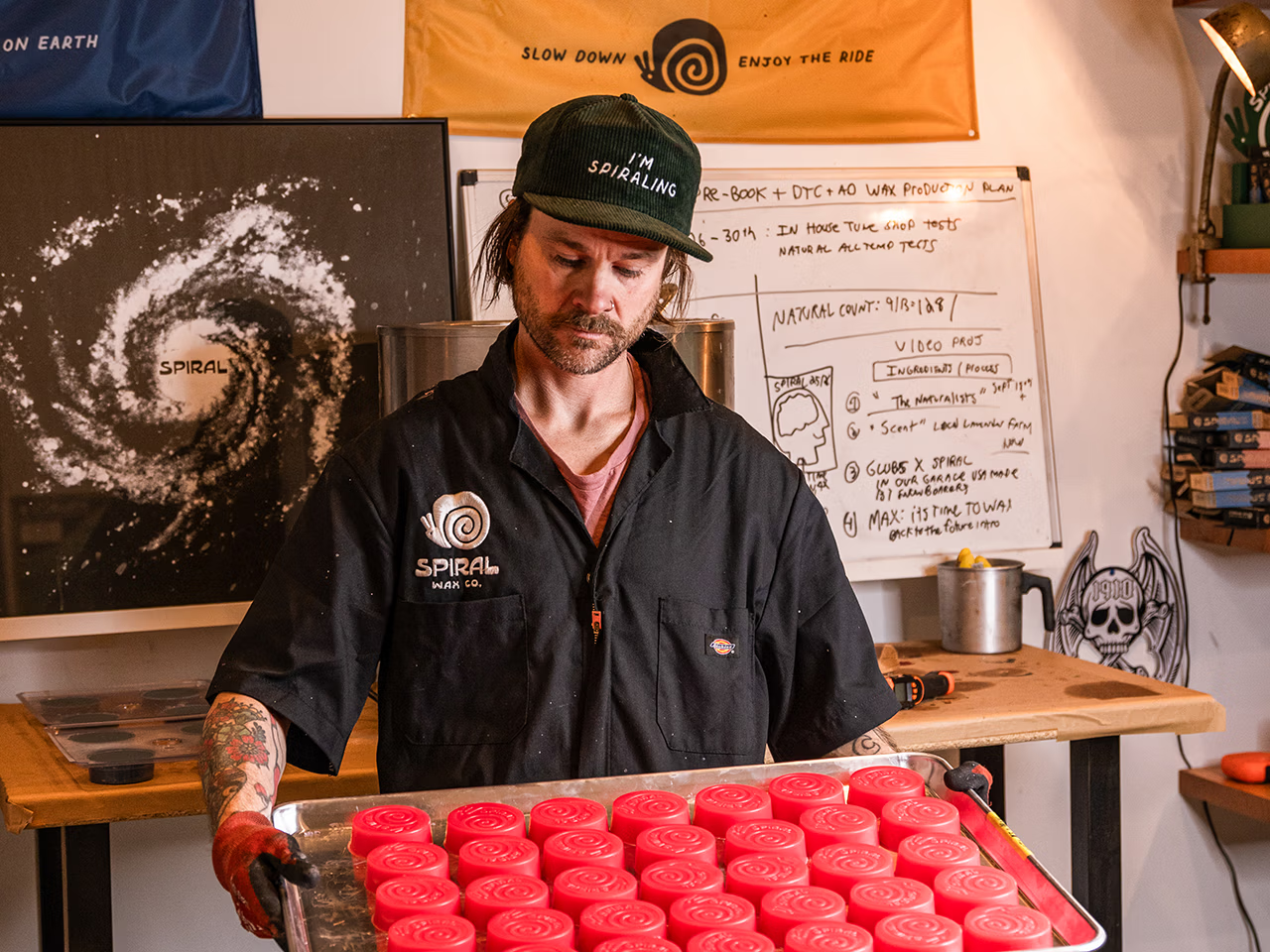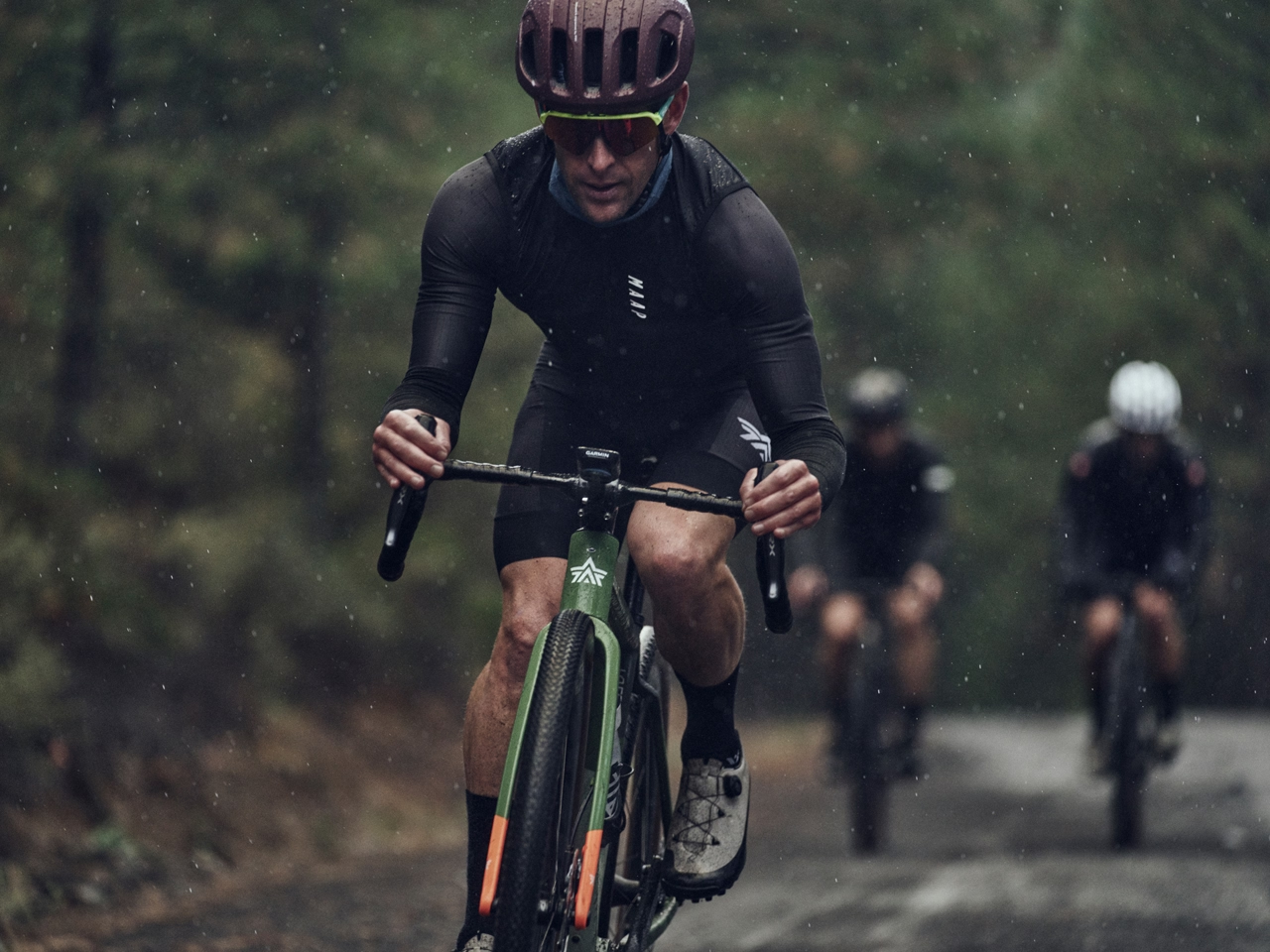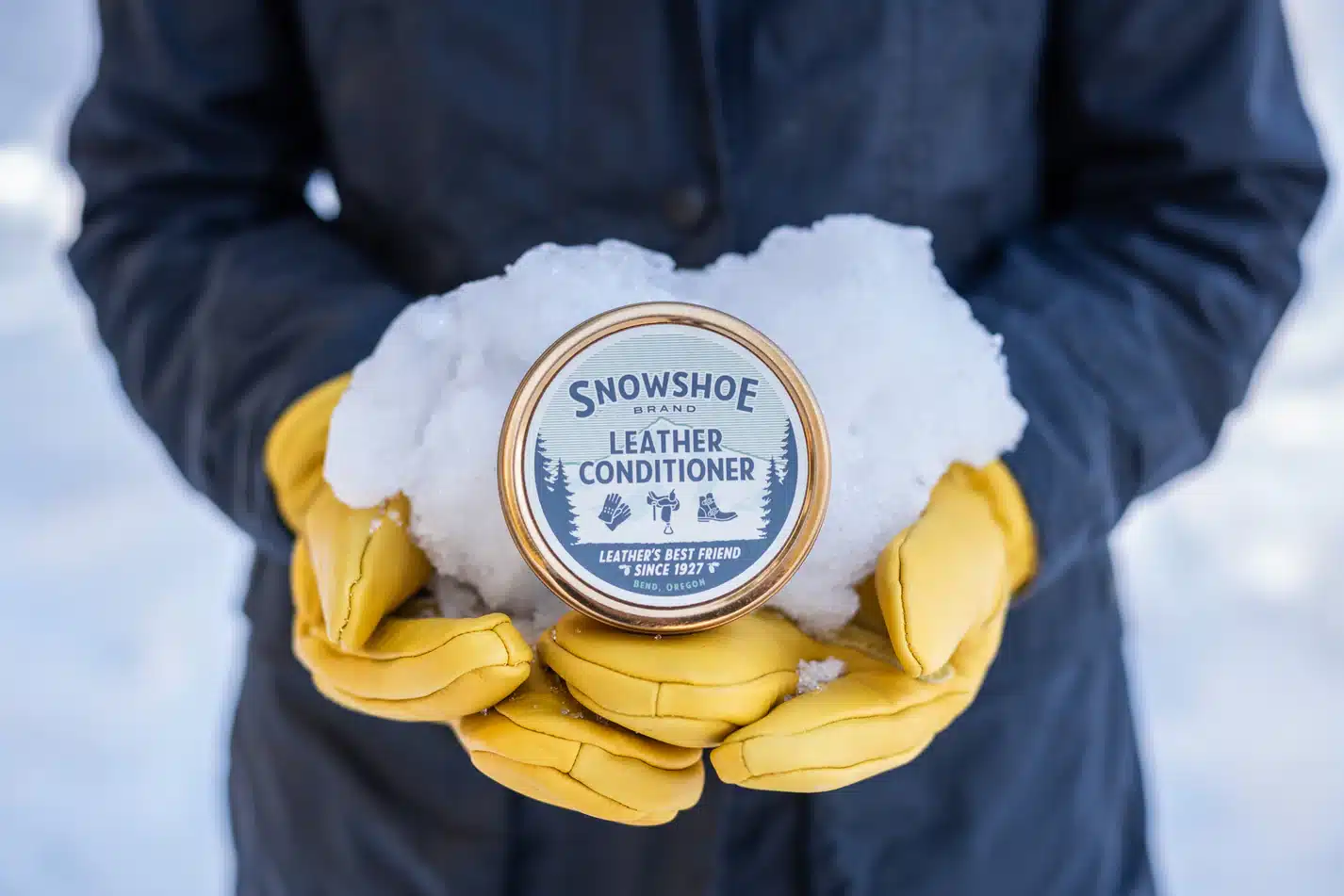Bend has certainly changed during the past few decades. The number of roundabouts and breweries has exponentially increased. The home prices have gone through the roof. The proliferation of familiar business names—from Starbucks to Sephora—has become commonplace. However, some things haven’t changed. Chief among them, longtime local businesses that have not just survived, but thrived. Meet several familiar faces of businesses that have stood the test of time.
Sunnyside Sports
If you grew up in Bend, there’s a good chance you got your first bike at Sunnyside Sports. It’s equally likely that since then, you’ve bought your kids—maybe your grandkids—their first bike there, too. Jim Desmet and Gary Fowles opened Sunnyside Sports in 1972 on Irving Avenue. Over the years it moved and changed owners a few times before settling in a little house on Newport Avenue in 1990. The current owners, Susan Conner and Mike Schindler, bought the business in 2013, but that’s certainly not when their relationship to Sunnyside started. Schindler started working at the shop in 2000, and Conner has been there since 1988; she was the first woman they hired. Before Sunnyside moved in, the building housed a taxidermy business, and when Schindler started in 2000, the lot across the street—now housing Spork and other businesses—held a used car dealership. “There was nothing on Newport,” Conner said. “We owe (former owner Don Leet) a ton for that vision. One of the appraisers, when we were going through the design, said we should put garage doors in it so that when we went out of business it could be an auto shop or something.”
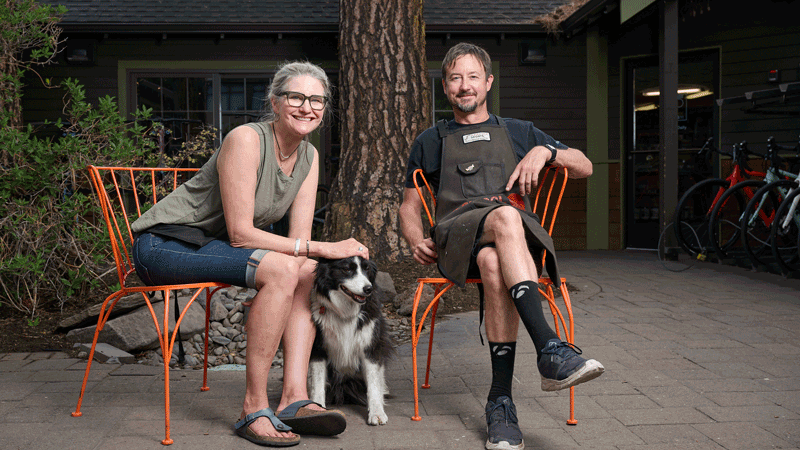
The bike business continues to change. More and more big bike companies are buying shops to control how their merchandise is marketed and sold. The proliferation of e-bikes, and technology and software complicates the industry. Nevertheless, Schindler said, “It’s still hard to get away from some of the things that make bikes beautiful. Even though chains are messy and they break, and derailers are not elegant-looking, [they are] still efficient.” It doesn’t hurt that Sunnyside’s pros often are still able to work on the bike someone bought from them in 1975 and still offer free checkups for those old bikes—as well as for their newest e-bike. “Bikes always need service,” Conner said. “You’re always going to need a person with a wrench who knows what they’re doing.”
Sunnyside specializes in bikes, but it also sells and rents Nordic ski gear. While other bike shops have popped up and dropped away, fifty years in, Conner and Schindler agree that what has kept Sunnyside going is the personality behind it. “Our people are the gold. Mike and I work for them,” Conner said. “You can buy bikes anywhere. And so to keep the staff and keep our people long term…I think to me that’s it, that’s all we have really in the end.” Mike believes a small business’s success is the result of a committee—it’s not one person who has an idea and rules with an iron fist. “Sunnyside’s a big ship, and it’s been around for awhile and it’s had multiple owners, and we’re taking the helm, but it’s almost its own energy and vibe, and we happen to fit that vibe and our staff and customers do, too,” Schindler said, and Conner agreed. “It’s its own thing, and we’re stewarding Sunnyside right now, and then hopefully someone else will be groomed to steward it through,” Conner said. “It’s not ours. We’re almost in service to the store. We work for Sunnyside.”
Galveston Gardens
When we think of Bend’s growth, much of it has transformed the city’s west side. Amidst that growth is a garden center that opened in 1970 and continues to prosper today. Each year at the start of April, Galveston Gardens’ gates open, signaling to the community that it’s time to prepare for spring and get some plants in the ground. “We sell shovels. We don’t sell gold. We sell shovels,” said owner Dino Cloward. “What we’re really doing is helping green the earth again.” Cloward’s family has owned the property on Galveston Avenue for 100 years, and they live there still. When Cloward was about 10 years old, his parents, Giovanna and Richard Cloward, began considering a business they could continue long into old age. Galveston Gardens was born. This is the ultimate family business—started by Cloward’s parents. On a recent weekday Dino Cloward’s daughter Luciana was moving pots in the hot sun and preparing for the next day’s hoards of customers.
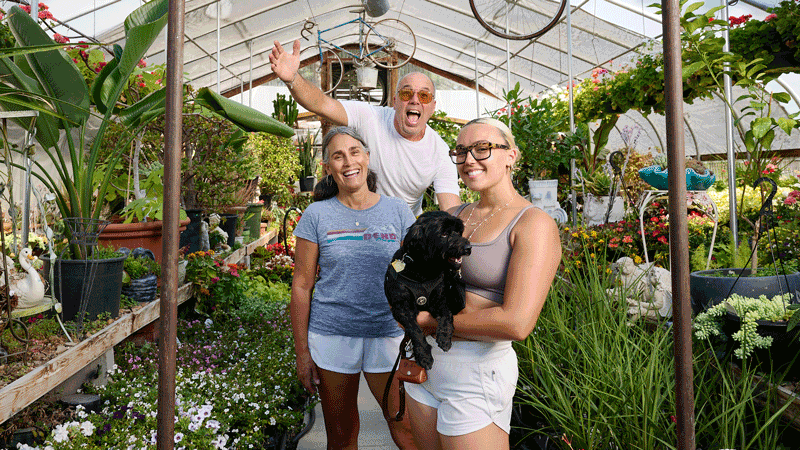
It’s not an easy business. Being open between April and September means that’s the only time the business earns money, and the other six months are spent preparing for that busy season. The work itself is physical—dragging hoses, moving heavy pots and bags of soil. When it’s tough, Cloward returns to his family’s Italian roots: “Get Mama! Get the dog! Get everybody involved and get all our neighbors! And we get in…We just pile in and go for it.” Galveston Gardens has seen plenty of change over the years, but where growth may have hurt other businesses, it’s only helped the garden center. “When we first started, there were 30,000 or 40,000 people living here,” Cloward remembered. “I don’t even know the number today, and it doesn’t matter to me. It’s just a lot. Growth, growth, growth.” Today, people drive from Seattle and San Francisco to pick up their flower baskets.
The region’s growing zones have changed, too. Where once Bend was a Zone 3-4 (meaning some plants simply wouldn’t grow successfully here), Cloward said it’s morphing to a Zone 6-7. “Bad for planet Earth, great for gardening,” he said. The garden center now sells lemon and olive trees, as well as plants that use less water and produce more blossoms. At the end of the day, Cloward and Galveston Gardens seek to be a beacon in the community, a place that gives back and helps Bend be its best self. “We have a responsibility—politically, financially, physically and in our neighborhoods,” he said. “Show up, have your heart here and make a difference.”
Pegasus Books of Bend
Downtown Bend has been at the forefront of our changing city, and Pegasus Books of Bend has succeeded through much of that change. Pegasus was founded by Mike Richardson, who launched Dark Horse Comics in Portland. Pegasus opened in 1980 and Duncan McGeary worked there from the beginning, before buying it in 1984. “In 1980 [downtown] was a disaster,” McGeary said. “That’s something people don’t realize about Bend is that the ’80s were not great, the mills were having trouble, the lumber industry was having trouble and they had built two malls which had emptied out downtown. The irony being that they’re both gone and downtown Bend is thriving.”
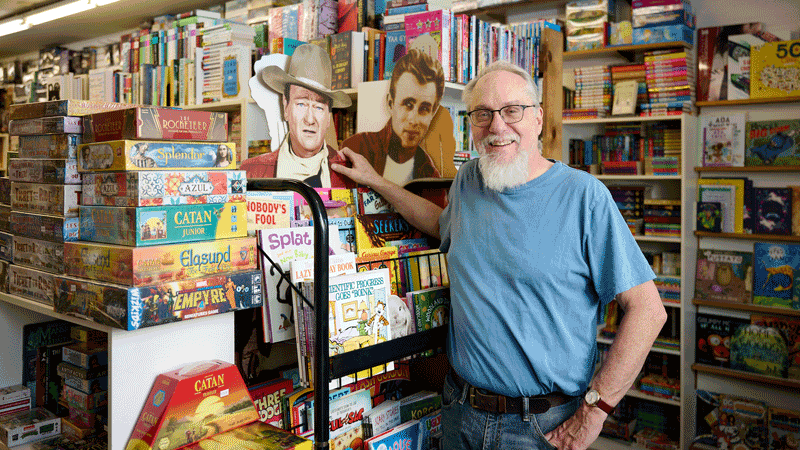
Pegasus was part of a group of small businesses that moved into downtown Bend and made it interesting. His store remains, while many have closed up over the years. For McGeary, the foot traffic in downtown Bend has always made the rent worth it—and he said his landlord has always been fair. Longtime Bendites think of comic books and games when they think of Pegasus, but over time it’s grown to much more. The store also has new and used books, graphic novels, sports cards, toys and lots of pop culture stuff, including a nice selection of anime and manga. While he may not be able to change the locals’ perception, he’s proud to have stuck around through good times and bad. “I’m stubborn,” he said of sticking around through ups and downs over the years. “I don’t quit.” Bend is better for that stubbornness. On a recent weekend, McGeary greeted a very steady stream of customers—some browsing, some knowing exactly what they were looking for, and nearly all leaving with a book or a game in hand. McGeary marked the purchases down with a pen on a clipboard. You won’t find elaborate window displays at Pegasus–McGeary admits that he rarely changes them out. Instead, he believes it’s the product that keeps his business going. “To me the main job is to get good books, good comics, good games,” he said. “If you’re doing that job right you don’t have time to do anything else.”
McGeary doesn’t believe that books and bookstores are dying. “I actually think that there’s a lot of room for indie bookstores,” he said. “People are coming around. I know that in downtown it works. … COVID actually helped bookstores. [People] couldn’t spend money on dinner and the movies.” Lucky for McGeary and Pegasus, many turned to books, and while Bend’s rapid growth has turned some longtime residents off, McGeary is a proponent. “I don’t object to the rents, I don’t object to the tourists, I don’t object to the growth,” he said. “It’s funny, because I am a [Bend] native…I could not have made a living in the downtown Bend that I grew up in.”
The Patient Angler Fly Shop
One sign that your business is an official Bend institution? You have collaborated with Deschutes Brewery on a beer and it’s named after your store. That’s right, there’s a Patient Angler Pale Ale. The Patient Angler Fly Shop, a fly-fishing equipment shop, opened in 1984. It was originally founded by John Harken who started the store out of his home. Peter Bowers—whose background was in mechanical engineering and who worked as a bartender and then managed a tire shop—was a frequent customer who bought the store twenty-five years ago. Bowers’ Bend story is one we’ve heard before. He fell in love with Bend during a weeklong visit, and within weeks had packed up his life in Arizona and moved here. Fly fishing quickly became Bowers’ “ultimate goal and passion.” While a lifelong hunter and fisherman, Bower found that Bend sparked his love of fly fishing, and he sat in the shop on the weekends soaking up knowledge.
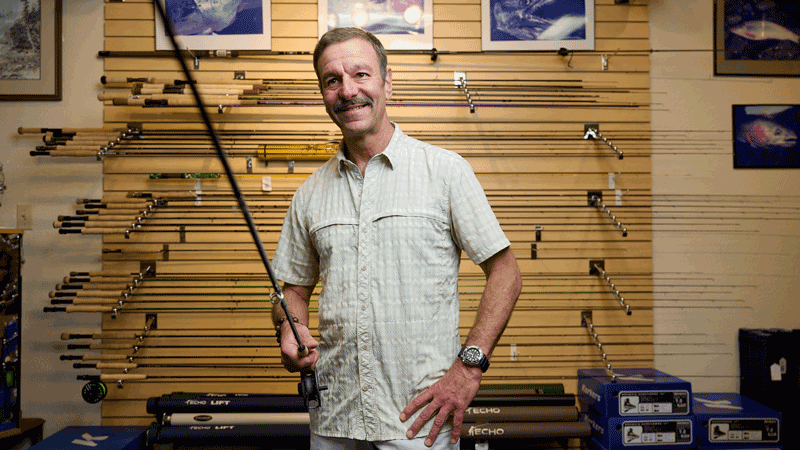
Twenty years ago, he moved the shop to its current SE Third Street location—previously the site of a film-developing business. The traffic has been a boon for business. “This shop has always been a local’s favorite,” Bowers said. “Everybody says ‘Location, location, location,’ which I didn’t really realize until I moved it over here because I had 27,000 cars a day going back and forth and seeing the sign that says ‘Fly Shop.’”
Bendites who know fishing, Bowers said, know to visit The Patient Angler. What makes his shop the best? “Me,” he said, laughing. “It’s professionalism, it’s customer service, it’s knowledge of product.
I know more about every product in this shop than every other shop put together,” he said. There are a lot of places to go these days for both equipment and information—the internet, sure, but also big-box stores like REI. Bowers firmly believes there is such a thing as too much information out there, and he’s happy to educate customers properly. “It really comes down to service in the long run. I can’t tell you how many times people bring me stuff from a big box store,” he said. “And it’s the wrong stuff, and then I have to educate them on why.” Bowers hasn’t spent money on advertising since the Yellow Pages. He employs full-time salespeople, and doesn’t focus on selling the most expensive rod, but instead on selling the right equipment.
It’s his high level of knowledge that makes a store like this stick around. There are repeat customers, of course, but The Patient Angler also sees tons of out-of-towners and new fly fishing enthusiasts. His success, and the sport’s increasing popularity, is a double-edged sword. On a day off, Bowers sometimes shows up to his favorite fly-fishing spot only to find someone already there, holding a map and using a fly Bowers sold him. Still, it’s a double-edged sword he can live with for a long time to come. The only change he expects to see going forward? He’s hoping Deschutes will start canning Patient Angler Pale Ale so he can sell branded coolers full of his namesake beer.

